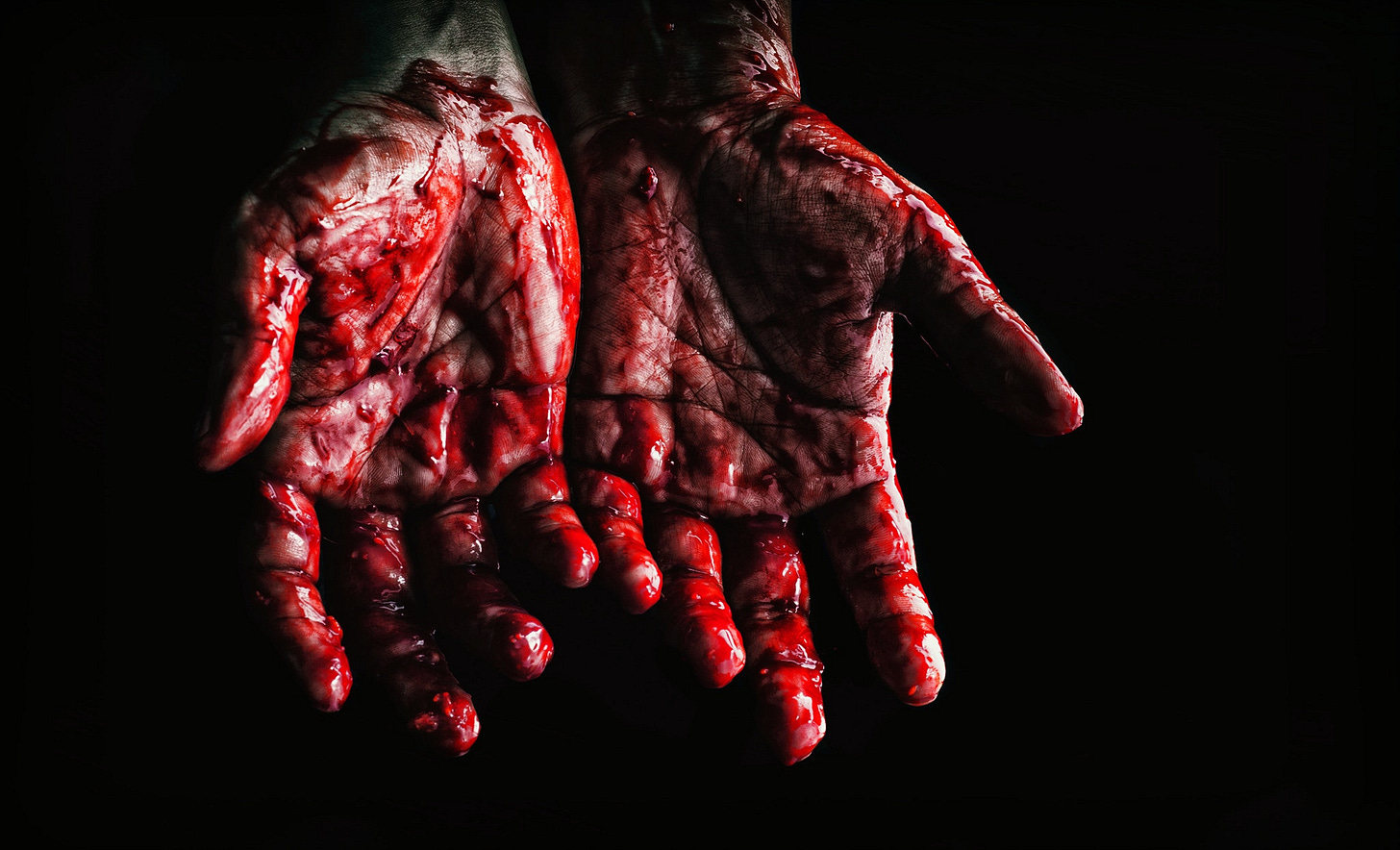Maybe Daddy Wasn't a Serial Killer, After All
True crime rant incoming...
When will news organizations stop running the dramatic stories of possible fabulists for cheap clicks? Because crime is the thing I've covered most intensely, I notice it most in stories like this: Florida woman Lucy (some sources spell her name “Lucey”) Studey …




